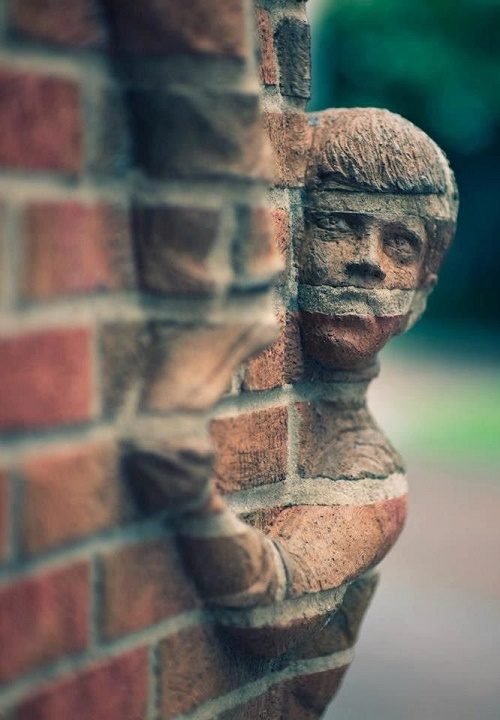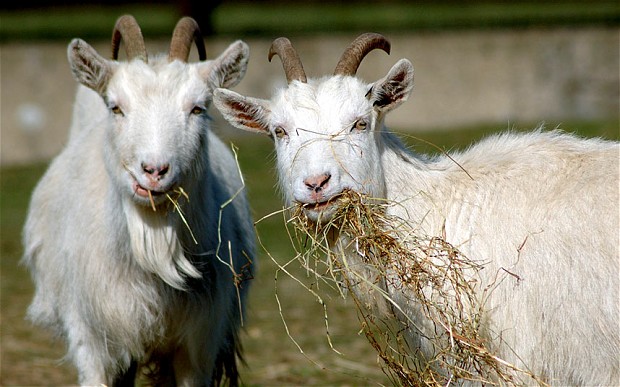
I have been reflecting on the nature of a question.
Consider this.
You’re in a conversation with another human being. They are telling you something about their experience; you respond with a question. It’s what we do in conversations.
The question forms, it gets uttered. It’s out there shaping the conversation.
But where does that question come from? What prompts the thought? What forms the thinking? What shapes the words? And what is the question’s true intent?
We might think our questions are for the recipient; the person we throw them at. Convinced we are adding value, we toss the question in front of their thinking stream, interrupting whatever is processing inside their head or body. The question itself instantly demands attention. Diverting the thinker to attend to it like a noisy impatient child. The recipient ponders, then responds. In that moment, we, the questioner, feel good. Our question has proved useful. The recipient has shown their gratitude by affording our question due attention. Clearly they have benefited. Our question has undoubtedly furthered their thinking, developed their awareness, offered them an alternative or made it clear what the way forward is. The question has elicited an answer and we all want answers … don’t we?
We have helped. We feel good.
But is that true? True that we have helped?
We, the questioner, now know more, that is true. But does the responder?
Maybe our question’s true intent was simply that? To help us to understand? To help us make meaning from the stream of consciousness our fellow human being was imparting. Maybe that is where it came from? Its purpose to fill in our knowledge gaps so that we might better comprehend this complex, story-ridden, alien world of another human being? A veiled attempt to make sense of their situation. An unconsciously selfish intent?
And if our question’s intent is indeed to further our understanding, does that shape and inform further questions? Are we ultimately steering the conversation towards our greater understanding of the other person’s world? Does each question take the other person further from their own path and move them on to our thinking path? Are we building a reality for them? Is our question and those that follow merely wresting control? Shaping the collective thinking to serve our meaning making needs? Is that the intent hiding in our question?
But is that true? Is it really just about us? A selfish need to understand and relate this person’s story to our world of meaning and sense making?
Well, every question does have a presupposition embedded within it. Every question.
Our question may have suggested we were listening. Maybe that was its intent? Maybe the question attempts to impart a sense of caring, an ability to attend to our fellow human being’s world, their toils and struggles. Maybe the question is grown from a desire to connect? A desire to help? A desire to rescue even?
But is that true? Are we really that selfless?
Our question may outwardly seem to expand the speaker’s awareness, or offer them a new perspective or a fresh choice? But where does that come from? Is it really something we are asking ourselves, inside? A question that has meaning for us in the same situation, so given its significance for us and our thinking, we offer it up. Because if it’s of use to us, it must surely be of use to them…?
But is that true? Maybe, or maybe that too is in service of our own needs? Maybe its true purpose was to help us compare – compare ourselves to the other person? To judge. To compare how we might respond in that situation, or compare our ability to think about it with their ability? Maybe its intent is to make a judgement, good or bad? A judgement of ourselves, or of them?
Maybe the unwittingly selfish foundation goes deeper? Maybe this question dressed as concerned listening and helping is really about affirming our own value? Our value in this relationship, our value in society, maybe also our very value as a human being?
Is our question masquerading as a help to our responder when in truth it is about affirmation of who we are, of our very existence? In some way the question might seem to be saying “here I am”, “I am listening”, “I hear you”, “I can help”…
But is that true? Or could it be that our question really means “notice me”, “I am of value”, “validate me by answering my question”, “honour me as a human being.”
Meanwhile, whatever our hidden intention, our speaker’s train of thought is interrupted.
So, what lies in the foundations of our questions? What building blocks form their true shape?
Our own need to know?
Our own need to be OK?
Our inner need to compare and judge ourselves?
Our own need for validation?
Our own need for acceptance?
What if we just kept them? They are after all ‘our questions’.
What if we kept them to ourselves?
Or… what if we stopped searching for them at all?
What if we just listened? Without intent?










